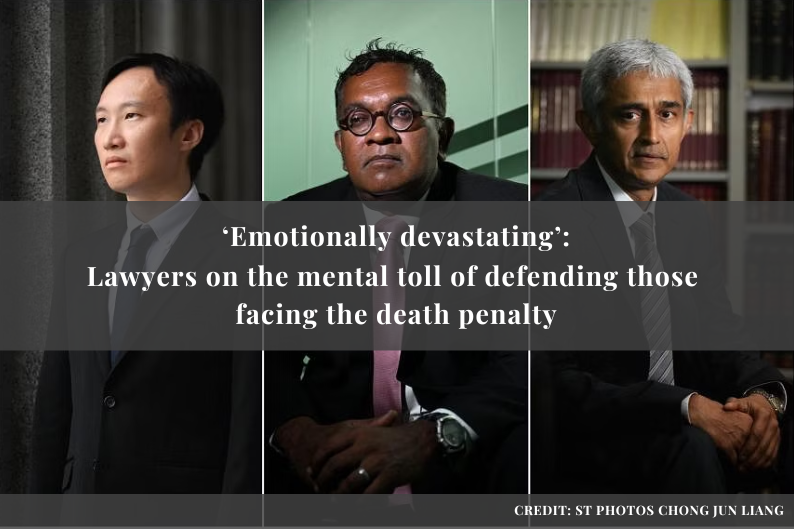Singapore Criminal Lawyers Secured an Acquittal for an Assault Charge
Right of Self-Defence
1. Introduction
Our Singapore Criminal Lawyers, Teo Sher Min and Chooi Jing Yen, acted for a man who was charged with assaulting his neighbour by thrusting a stick at him when the said neighbour was outside our client’s residence.
The spat took place sometime in June 2016. Our client is a resident of a condominium in the east, lived directly above the unit of fellow condo resident.
2. Background of the assault charge
Our client faced a criminal offence under section 352 of the Penal Code.
Section 352 of the Penal Code provides that
Punishment for using criminal force otherwise than on grave and sudden provocation
352. Whoever assaults or uses criminal force to any person otherwise than on grave and sudden provocation given by that person, shall be punished with imprisonment for a term which may extend to 3 months, or with fine which may extend to $1,500, or with both.
[51/2007]
Explanation.—Grave and sudden provocation will not mitigate the punishment for an offence under this section, if the provocation is sought or voluntarily provoked by the offender as an excuse for the offence; or
if the provocation is given by anything done in obedience to the law or by a public servant in the lawful exercise of the powers of such public servant; or
if the provocation is given by anything done in the lawful exercise of the right of private defence.
Whether the provocation was grave and sudden enough to mitigate the offence, is a question of fact.
On 9 April 2018, our client’s trial was heard in the Magistrate Court by District Judge Eddy Tham.
DJ Eddy Tham said in his grounds of decision [2018] SGMC 20 at [61], that the harm caused was so minor as to brook no offence.
3. Conclusion
The Court acquitted our client after a full trial, finding that our client had acted in self-defence. The Court also held that in the alternative, our client should be acquitted on the principle of de minimis as the harm caused was so minuscule or slight that no person of ordinary sense and temper would complain of such harm, and therefore no offence was disclosed.
Original article by The Straits Times.







